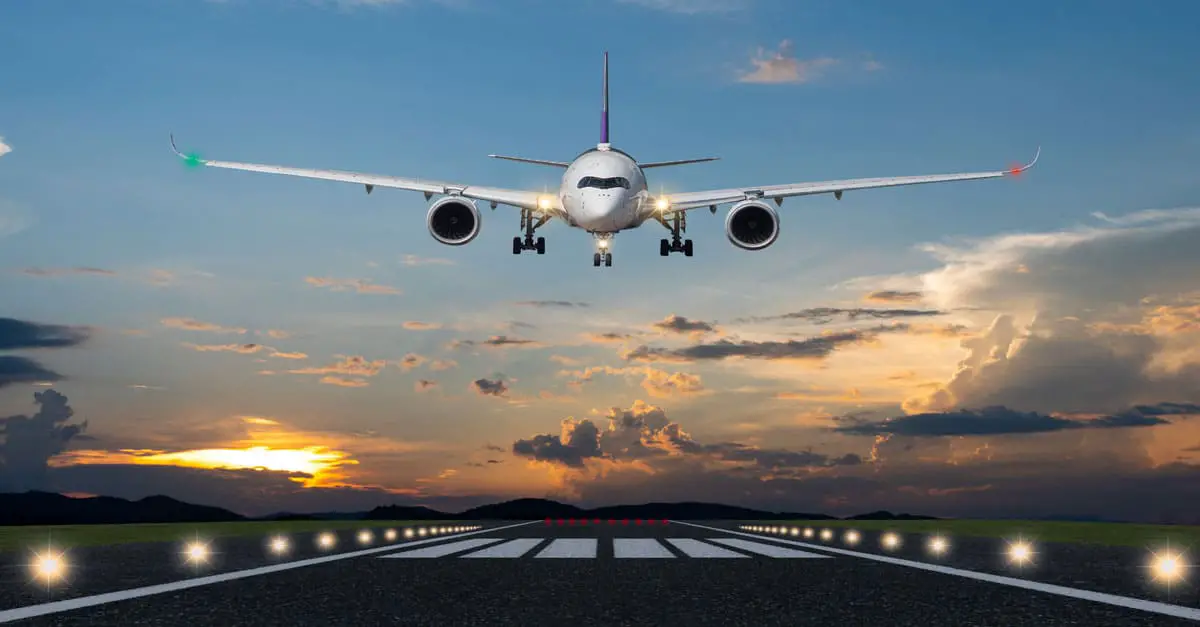South Sudan is currently upgrading its aviation infrastructure to assert control over its airspace for the first time since its independence. The country recently signed a contract with NavPass, to set up ground infrastructure that will improve the country’s capacity to manage air traffic and earn more revenue from navigation services.
According to the Minister for Transport Madut Biar Yel, revamping the country’s aviation infrastructure is likely to attract more airlines and investment to the country. “Combining this important work, with the collection of fees from passing aircraft for South Sudan, will be a great benefit to the country and our people, and help attract more air operators and increase economic development in our country,” he said.
South Sudan has outdated, minimal air navigation infrastructure with aircraft flying mostly undetected over large swathes of its territory. This not only creates safety gaps, but also makes the country lose revenue from aircraft using its airspace. With the new automated technology, South Sudan could potentially earn tens of millions of dollars annually from overflight fees because the aircraft will be detected and billed.
Also Read: China negates alleged takeover of Juba International Airport, South Sudan
Boosting revenue collection
NavPass chief executive Thomas Perkins, said that apart from capturing the movement of all aircraft in the country’s skies in real time, the technology will also automate the fee collection process with proceeds invested back into the country’s air infrastructure, in line with the United Nations’ International Civil Aviation Organisation (ICAO) principles.
Revenues collected will be transferred into an escrow account from which the bulk of the proceeds will be ploughed back into development of aviation infrastructure.
As part of the deal, NavPass will also train South Sudan’s civil aviation staff and help the country achieve compliance with International Civil Aviation Organisation safety standards. This includes training for air traffic control officers, establishing new protocols with neighbouring airspaces, and improving communications equipment.
NavPass will first work with the government to optimise its lower airspace, covering the departures and arrivals of flights into Juba to make them more efficient and safer. The NavPass system will also provide situational awareness to air traffic control towers giving them the ability to see the aircraft in their skies for the first time.

Leave a Reply